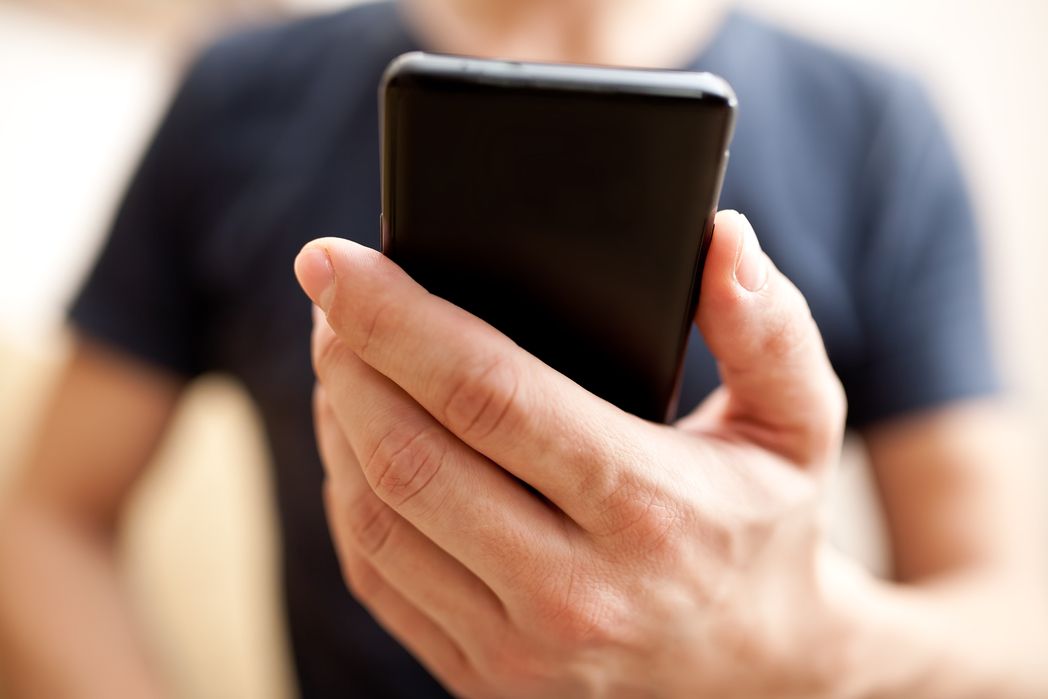Mobile phones have changed the way we live. They are not mere phones anymore – they are our watches and our calendars and even our bank tellers. They are our cameras that we use to record our lives so that we can post on Instagram or SnapChat. They provide us access to our emails and a convenient way for us to carry all of our Facebook friends around with us in our pockets. And potential Pokemon related injuries aside; they presumably make our lives easier and safer.

Being that mobile phones play such a big role in our everyday lives, is it any wonder that so many people feel naked without them? If you’ve ever gone into a state of panic because you’ve reached into your pocket or your purse and couldn’t find your mobile phone, you are not alone. The anxiety you feel even has a name – researchers of this phenomenon are calling it “nomophobia” which is short for “no-mobile-phone-phobia”.
Dependence on Mobile Phones
It is no secret that we as a society have become increasingly dependent on mobile devices. But this dependence is not without its consequences.
In psychology, there is a phenomenon known as transactive memory. What this means is simply this – the more access we have to an external source of information, the less motivated and able we become to remember it ourselves. For example, if one partner in a household takes on the sole responsibility of paying the monthly utilities, the other partner will be less likely to remember what the average monthly cost is for the cable, heating, hydro, etc.
In the same way, we are less likely to read and remember reviews about a particular restaurant, when we know that we can always consult TripAdvisor should we get a hankering for some good Thai food. While it used to be that we had to get that sort of information from magazines or recommendations from other people (or simply take a chance and hope the food and service are good), today access to information is as simple as tapping a screen.
Studies in Nomophobia
For obvious reasons, the study of nomophobia is in its early stages. Researchers at Iowa State University recently published a paper in which they created a measure called the Nomophobia Questionnaire (NMP-Q). The measure was created using 20 questions which they administered to undergraduate students regarding their feelings about their mobile devices and then ranking various responses from 1-7.
Degrees of nomophobia were then categorized ranging from mild to severe.
In their analysis, researchers found four main components of nomophobia 1) loss of communication 2) loss of connectedness 3) loss of access to information 4) loss of convenience.
How Serious is Nomophobia?
The work done on nomophobia to date has only been done to develop and validate the scale, and as far as we know, it is not a completely debilitating condition. Like our dependence on many other types of technology, such as cars and indoor plumbing, reliance on one’s cellphone is probably not the most terrible thing in the world. Just to be on the safe side though, it might be worth disconnecting from time to time nevertheless.
A business owner might think they have a good reason to have nomophobia. After all, if they don’t have their phone on hand at all times, they might miss out on potential clients and upset their current ones. However, it doesn’t have to be that way. TOUCH Communications offers professional live call answering service so that business owners can provide excellent service to their clients while enjoying personal time away from work. Contact us today and we’ll find the right call answering service for you.